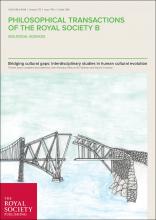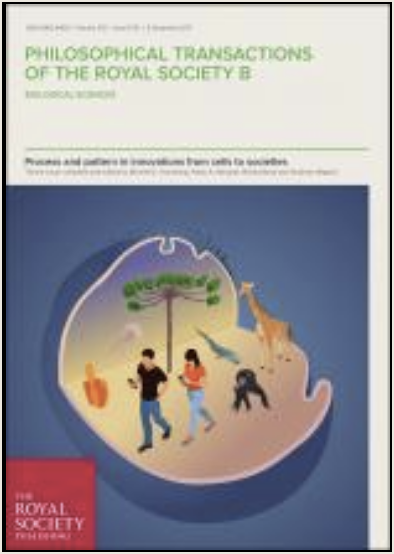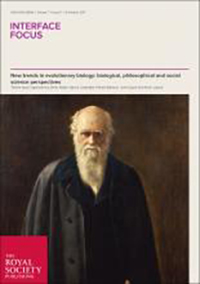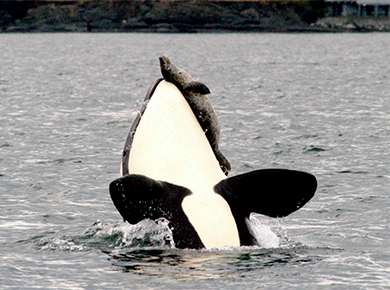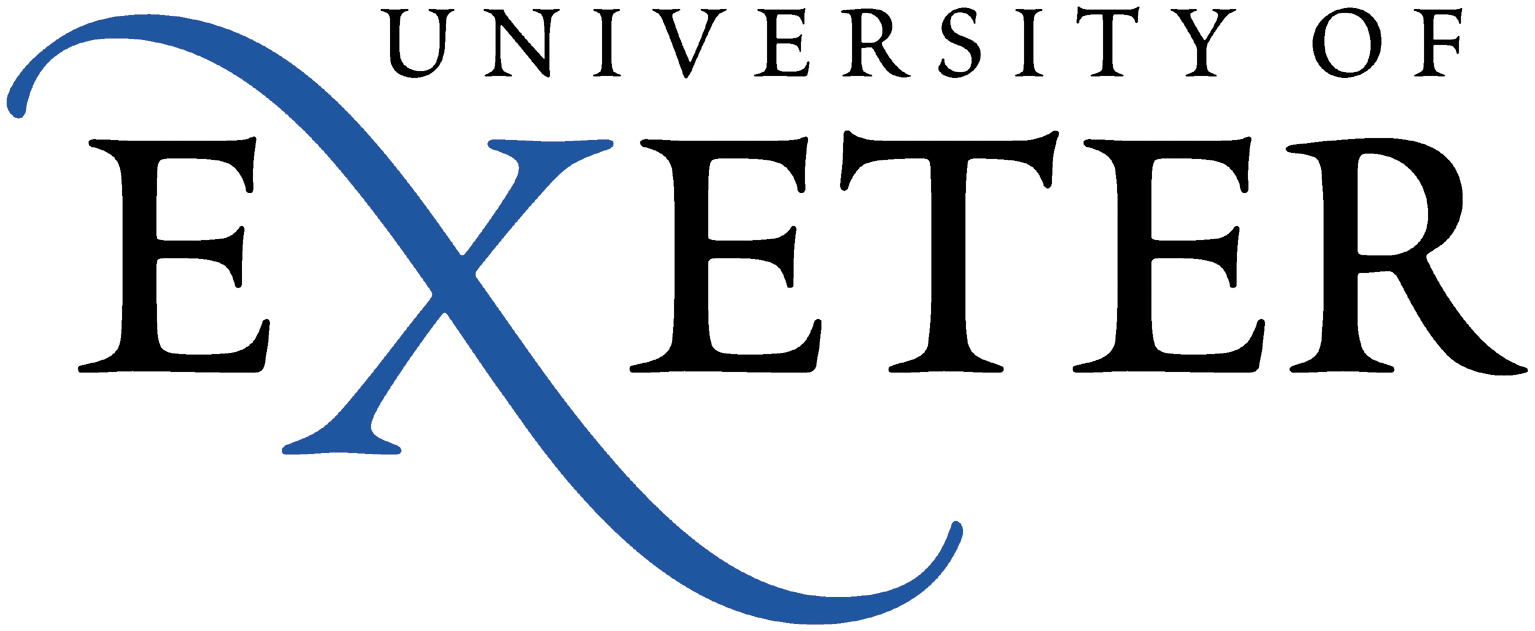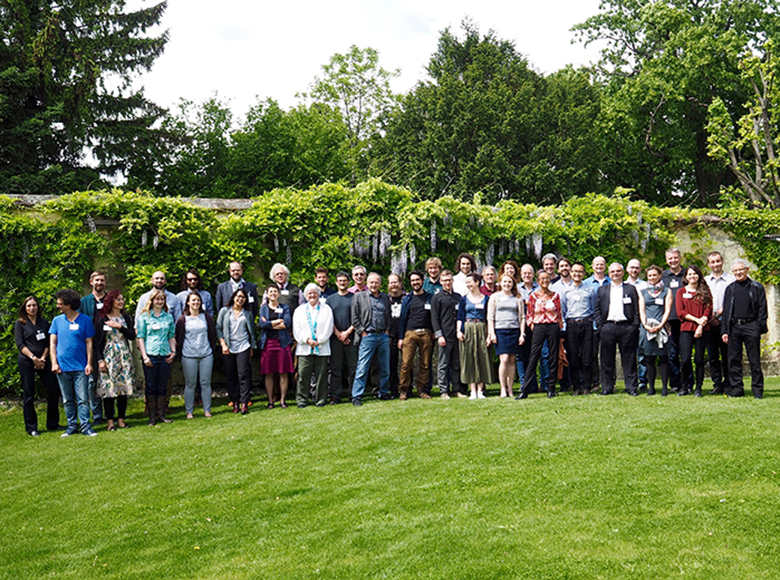The special issue of Interface Focus, published on 18 August 2017, contains an excellent collection of papers discussing New Trends in Evolutionary Biology. Post-prints of paywalled articles can be found below, along with final PDFs of open access articles. For final PDFs of paywalled articles (as changes may have been made since the post-print), please contact the authors directly.
New trends in evolutionary biology: biological, philosophical and social science perspectives
[post-print PDF]
Patrick Bateson, Nancy Cartwright, John Dupré, Kevin N Laland, Denis Noble. Interface Focus 2017 7 20170051; DOI: 10.1098/rsfs.2017.0051.
Why an extended evolutionary synthesis is necessary
[open access PDF]
Gerd B Müller. Interface Focus 2017 7 20170015; DOI: 10.1098/rsfs.2017.0015.
Evolutionary biology today and the call for an extended synthesis
[post-print PDF]
Douglas J Futuyma. Interface Focus 2017 7 20160145; DOI: 10.1098/rsfs.2016.0145.
Developmental plasticity: re-conceiving the genotype
[post-print PDF]
Sonia E Sultan. Interface Focus 2017 7 20170009; DOI: 10.1098/rsfs.2017.0009.
Niche construction, sources of selection and trait coevolution
[post-print PDF]
Kevin N Laland, John Odling-Smee, John Endler. Interface Focus 2017 7 20160147; DOI: 10.1098/rsfs.2016.0147.
Why developmental niche construction is not selective niche construction: and why it matters
[open access PDF]
Karola Stotz. Interface Focus 2017 7 20160157; DOI: 10.1098/rsfs.2016.0157.
Biological action in Read–Write genome evolution
[post-print PDF]
James A Shapiro. Interface Focus 2017 7 20160115; DOI: 10.1098/rsfs.2016.0115.
The evolutionary implications of epigenetic inheritance
[post-print PDF]
Eva Jablonka. Interface Focus 2017 7 20160135; DOI: 10.1098/rsfs.2016.0135.
Genetic, epigenetic and exogenetic information in development and evolution
[post-print PDF]
Paul E Griffiths. Interface Focus 2017 7 20160152; DOI: 10.1098/rsfs.2016.0152.
Extended genomes: symbiosis and evolution
[open access PDF]
Gregory D D Hurst. Interface Focus 2017 7 20170001; DOI: 10.1098/rsfs.2017.0001.
Domestication as a model system for the extended evolutionary synthesis
[post-print PDF]
Melinda A Zeder. Interface Focus 2017 7 20160133; DOI: 10.1098/rsfs.2016.0133.
Evolution viewed from physics, physiology and medicine
[post-print PDF]
Denis Noble. Interface Focus 2017 7 20160159; DOI: 10.1098/rsfs.2016.0159.
The metaphysics of evolution
[open access PDF]
John Dupré. Interface Focus 2017 7 20160148; DOI: 10.1098/rsfs.2016.0148.
The subject as cause and effect of evolution
[contact author]
Peter Godfrey-Smith. Interface Focus 2017 7 20170022; DOI: 10.1098/rsfs.2017.0022.
Adaptability and evolution
Patrick Bateson. Interface Focus 2017 7 20160126; DOI: 10.1098/rsfs.2016.0126.
The purpose of adaptation
[open access PDF]
Andy Gardner. Interface Focus 2017 7 20170005; DOI: 10.1098/rsfs.2017.0005.
Human nature, human culture: the case of cultural evolution
[post-print PDF]
Tim Lewens. Interface Focus 2017 7 20170018; DOI: 10.1098/rsfs.2017.0018.
Human niche, human behaviour, human nature
[post-print PDF]
Agustin Fuentes. Interface Focus 2017 7 20160136; DOI: 10.1098/rsfs.2016.0136.
A second inheritance system: the extension of biology through culture
[contact author]
Andrew Whiten. Interface Focus 2017 7 20160142; DOI: 10.1098/rsfs.2016.0142.
Early Homo, plasticity and the extended evolutionary synthesis
[contact authors]
Susan C Antón & Christopher W Kuzawa. Interface Focus 2017 7 20170004; DOI: 10.1098/rsfs.2017.0004.


